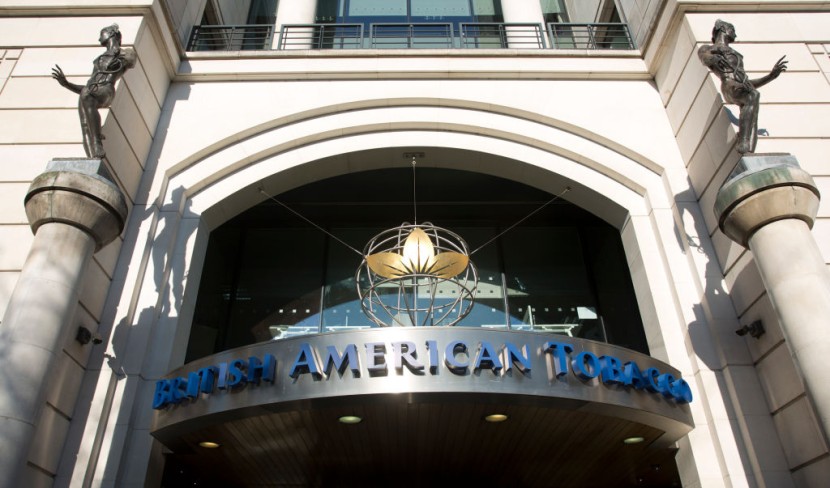
Court records and press announcements issued Tuesday, April 25, revealed that a subsidiary of a 100-year-old London tobacco firm pled guilty to selling and producing cigarettes in North Korea in violation of US sanctions and bank secrecy regulations.
Confession for Wrongdoings
According to CBS News, British American Tobacco (BAT) has confessed that it misled US banks into processing hundreds of millions of dollars in earnings by skirting sanctions against the People's Republic of North Korea for its role in developing nuclear weapons.
BAT reported that after entering into a deferred prosecution arrangement with the federal government, the business would be subject to fines totaling $635,241,338.
If BAT remained in compliance with the law, the accusations against it would be withdrawn.
According to a press statement, the company's Singapore-based indirect subsidiary pled guilty to three federal offenses, including conspiracy to commit bank fraud and other crimes relating to North Korea.
National Security Division Assistant Attorney General Matt Olsen has said that this lawsuit is the biggest ever brought by the US in relation to sanctions on North Korea.
US attorney for the District of Columbia Matt Graves has said that North Korea made "staggering" profits from the scheme. This means that for every dollar spent on tobacco manufacture, the country receives $20 back to fund illegal activities.
BAT and Its Ties With a North Korean Tobacco Company
In violation of international law, BAT and its subsidiary allegedly maintained control of a joint venture company they established with the North Korean Tobacco Company between 2009 and 2017, as detailed in criminal documents filed in federal court in Washington, DC.
The businesses involved claimed that they had set up a global web of shell corporations and banks to launder money and transfer items into and out of North Korea.
BAT said it had ended its relationship with the North Korean Tobacco Company, but court records claim it still has "significant influence over" the company and has been receiving revenues from sales in North Korea via shell companies and an unidentified middleman.
US officials claimed BAT sent cigarettes to the North Korean embassy in Singapore as recently as 2017, ABC News reported.
The indictment states that three witnesses discussed BAT's and its Singapore subsidiary's ties to North Korea with investigators. One employee told investigators the firm still provided "all the raw materials" required to make cigarette products.
Another said that BAT was trying to look distanced from its North Korean business partner while secretly seeking to benefit from the partnership.
Jack Bowles, BAT's chief Executive, said in a statement released on Tuesday, "We deeply regret the misconduct arising from historical business activities that led to these settlements and acknowledge that we fell short of the highest standards rightly expected of us."
© 2026 HNGN, All rights reserved. Do not reproduce without permission.




